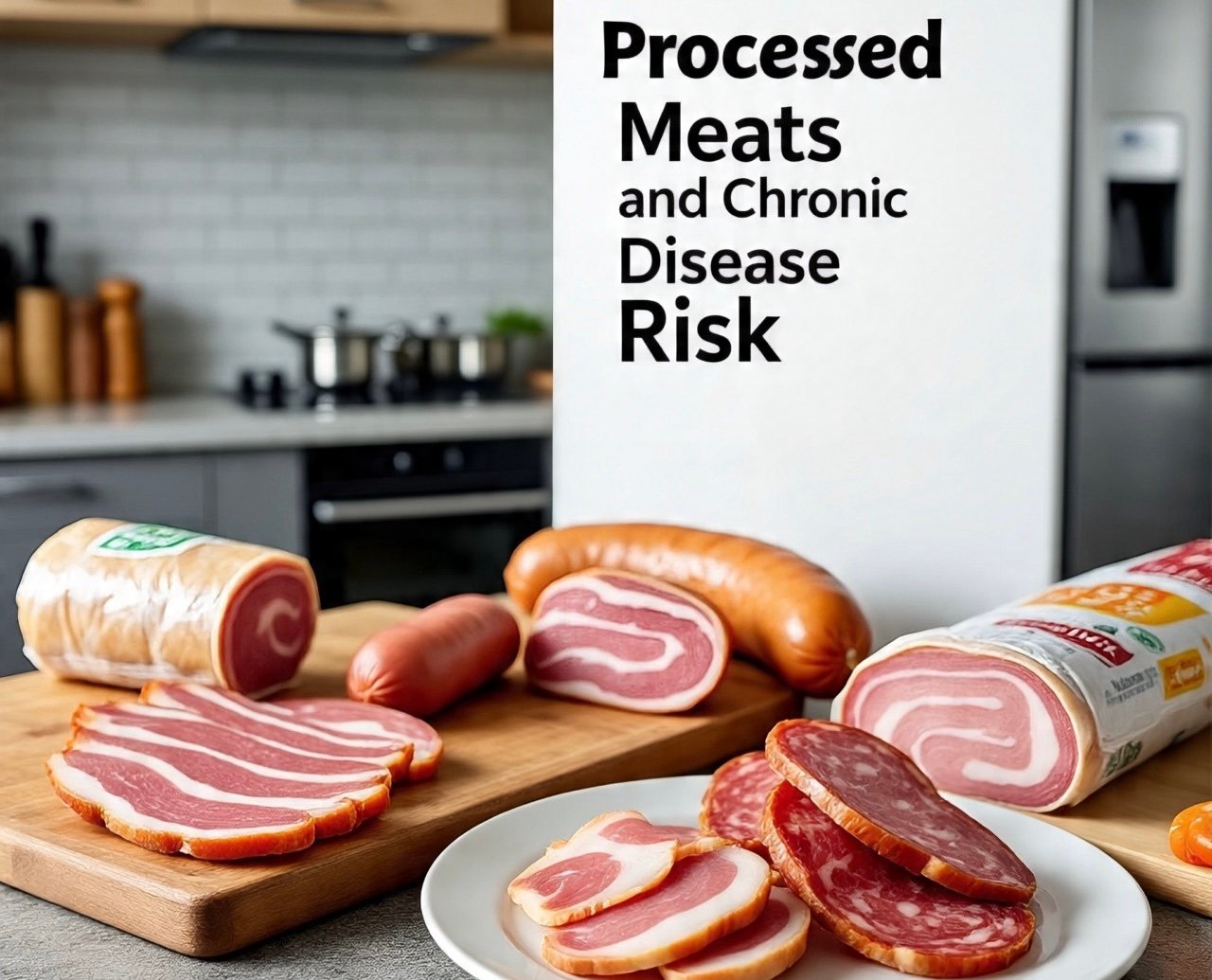A groundbreaking study from the University of Copenhagen shows ultra-processed foods (UPFs) negatively impact men’s health beyond weight gain, disrupting hormones and reducing sperm quality.
The research highlights how processed foods—despite matched calories—trigger body fat increases, hormone imbalances, and impaired fertility in healthy young men.
Study Design and Key Findings
The controlled trial followed 43 cisgender men aged 20 to 35 across two dietary phases separated by three months.
- One diet delivered 77% of calories from ultra-processed foods (UPFs).
- The other provided 66% from unprocessed foods.
- Both diets were matched for calories, protein, fat, and carbohydrates.
Despite equal calories, men on the UPF diet gained an average of one kilogram of body fat within weeks.
Researchers also detected higher levels of cxMINP, a phthalate chemical known to interfere with hormones. Levels of testosterone and follicle-stimulating hormone (FSH) dropped significantly, threatening reproductive health.
Hormonal Disruption and Reproductive Concerns
These findings are especially alarming as global sperm counts continue to decline. Scientists increasingly suspect diet plays a central role in this downward trend.
Lead author Romain Barrès described the results as “shocking,” noting that even healthy young men displayed disrupted hormonal functions after consuming UPFs.
“These findings highlight the urgent need to revise nutritional guidelines and protect men from long-term chronic health risks,” Barrès emphasized.
Why Ultra-Processed Foods Are Harmful
Ultra-processed foods are not simply packaged or cooked meals. Instead, they contain synthetic additives, preservatives, stabilizers, and artificial chemicals absent in natural foods.
They are designed for convenience and low cost, but research has linked them to:
- Obesity
- Hormonal imbalances
- Cancer risks
- Cognitive decline
- Environmental damage
Researcher Jessica Preston explained: “Our study proves UPFs harm reproductive and metabolic health, even when calories are controlled.”
Broader Health and Environmental Implications
Though the study involved only 43 men, its strict design strengthens evidence that food processing—not just excess calories—drives harmful effects.
Previous studies suggest chemicals from packaging, industrial additives, and by-products trigger inflammation, metabolic disruption, and hormone interference.
As global UPF consumption rises, these results raise urgent concerns about public health, fertility trends, and food sustainability.
Questions and Answers
Q: What did the study prove about ultra-processed foods?
It showed UPFs cause weight gain, hormonal imbalance, and reduced sperm quality, even when calorie intake is the same.
Q: How do these foods affect male fertility?
UPFs lowered testosterone and follicle-stimulating hormone (FSH), impairing sperm production and reproductive health.
Frequently Asked Questions (FAQ)
1. What are ultra-processed foods?
They are industrially manufactured products with synthetic ingredients, preservatives, and additives not found in natural foods.
2. Are health risks from UPFs caused by overeating?
No. This study showed harmful effects even when calories and nutrients were carefully matched.
3. What should men eat instead?
A diet rich in whole foods—fresh fruits, vegetables, legumes, lean proteins, and unprocessed grains—supports fertility and long-term health.
A Wake-Up Call for Men’s Health
Published in Cell Metabolism, the University of Copenhagen study provides strong evidence that UPFs harm men’s reproductive and metabolic health.
The results underscore the urgent need for men to prioritize unprocessed, nutrient-rich foods to protect fertility, hormonal balance, and long-term wellness.
Disclaimer: The information provided in this article is for general informational purposes only and should not be considered medical advice. Always consult a qualified physician or healthcare professional before starting any new health practice, treatment, or following the tips mentioned here.




